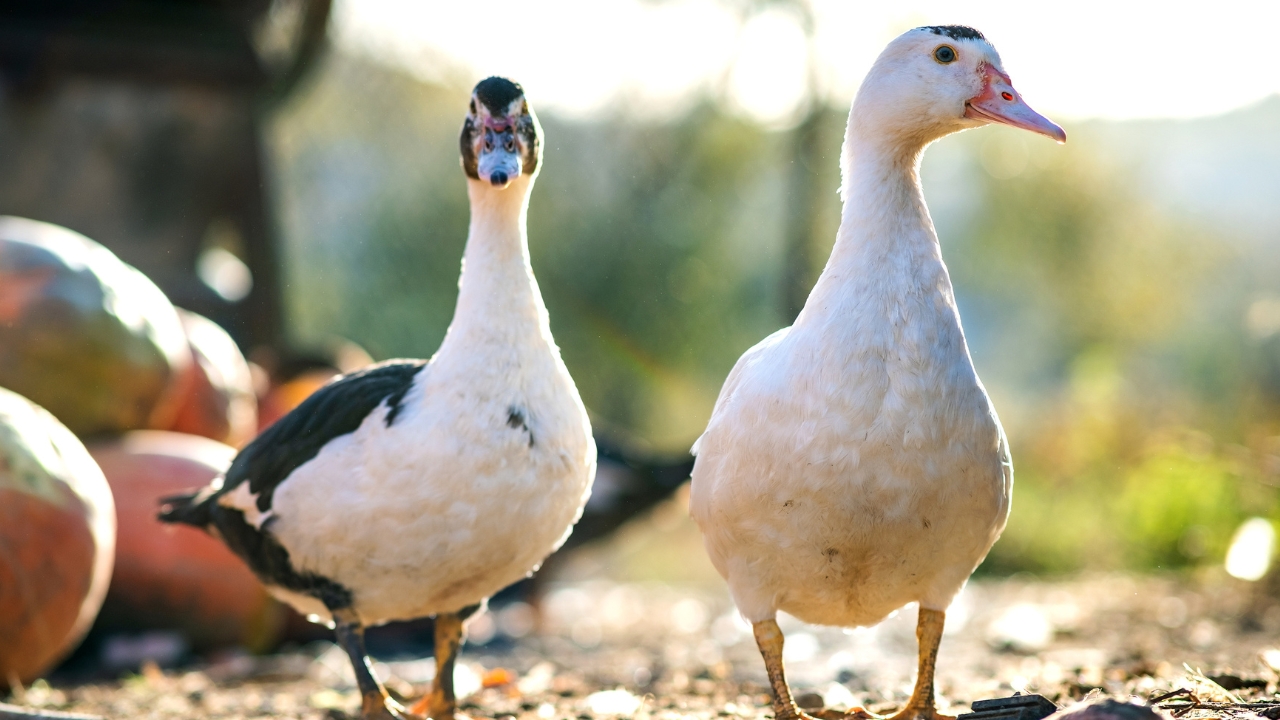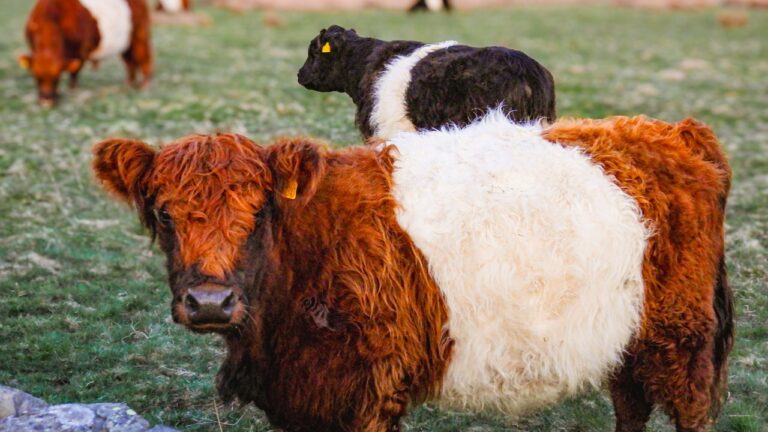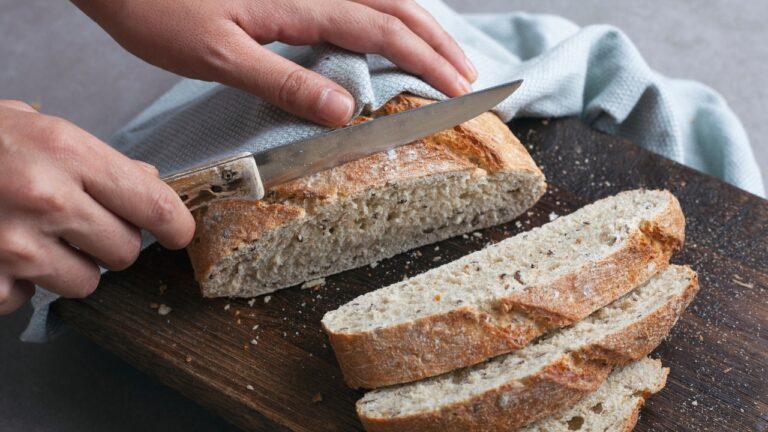8 animals that are actually easy for first-time livestock owners
Getting started with livestock can feel overwhelming, but some animals are far more beginner-friendly than others. The easiest ones are hardy, adaptable, and forgiving of rookie mistakes. They don’t require complicated housing or constant hands-on care, yet they still provide real value for your homestead.
Whether you’re looking for eggs, milk, meat, or simply a way to ease into animal keeping, these species will help you build confidence without making you feel like you’ve taken on too much too soon.
Chickens
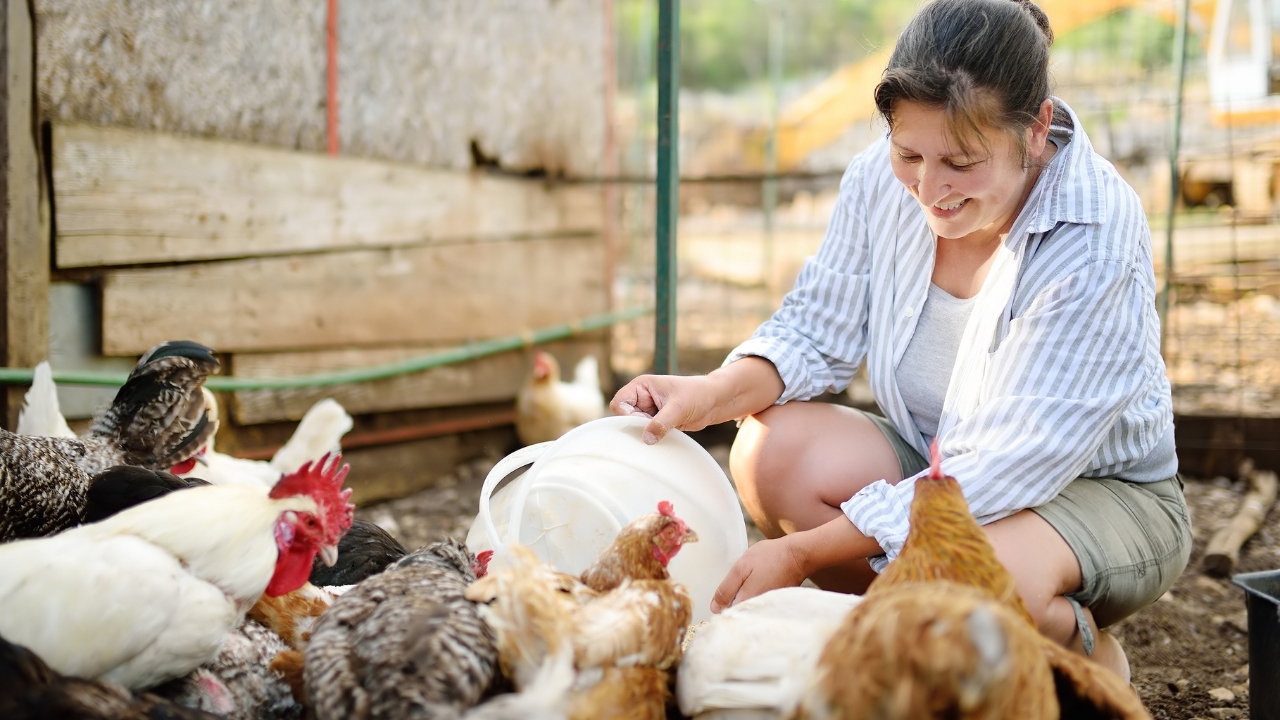
Chickens are one of the most common starting points for new livestock owners. They provide fresh eggs, pest control, and, if you choose, meat. Their housing can be as basic as a small coop with a secure run, and they’re adaptable to most climates.
With a daily check for feed, water, and eggs, they’ll keep going with minimal fuss. A good starter flock can be as small as three to six hens, and they’ll quickly learn your routines.
Ducks

Ducks are hardy, personable birds that can thrive in a variety of setups. While they appreciate access to water for bathing, it doesn’t have to be a pond — a kiddie pool works fine. They’re excellent at pest control, particularly for slugs and snails, and many breeds lay a surprising number of eggs each year.
Ducks are generally quiet and easygoing, making them a good choice for new keepers who want a low-stress, productive animal.
Rabbits

Rabbits take up very little space and can be raised for meat, fiber, or as pets. They need secure housing, either in hutches or in a colony setup, and a steady supply of hay, pellets, and fresh greens. They reproduce quickly, so even a small breeding pair can provide a steady supply of offspring.
With routine care and regular cleaning, they’re low-maintenance compared to larger livestock, yet still offer multiple benefits.
Goats

Goats are an easy first step into dairy or meat production. They’re curious, hardy, and thrive with basic shelter and secure fencing. Dairy breeds like Nigerian Dwarfs can provide milk for drinking, cheese, and soap, while meat breeds can be raised for butchering. They’re also natural brush clearers, helping maintain your property.
Daily feeding and milking (for dairy goats) are required, but they’re friendly animals that quickly learn your routine and are easy to handle with consistent care.
Quail
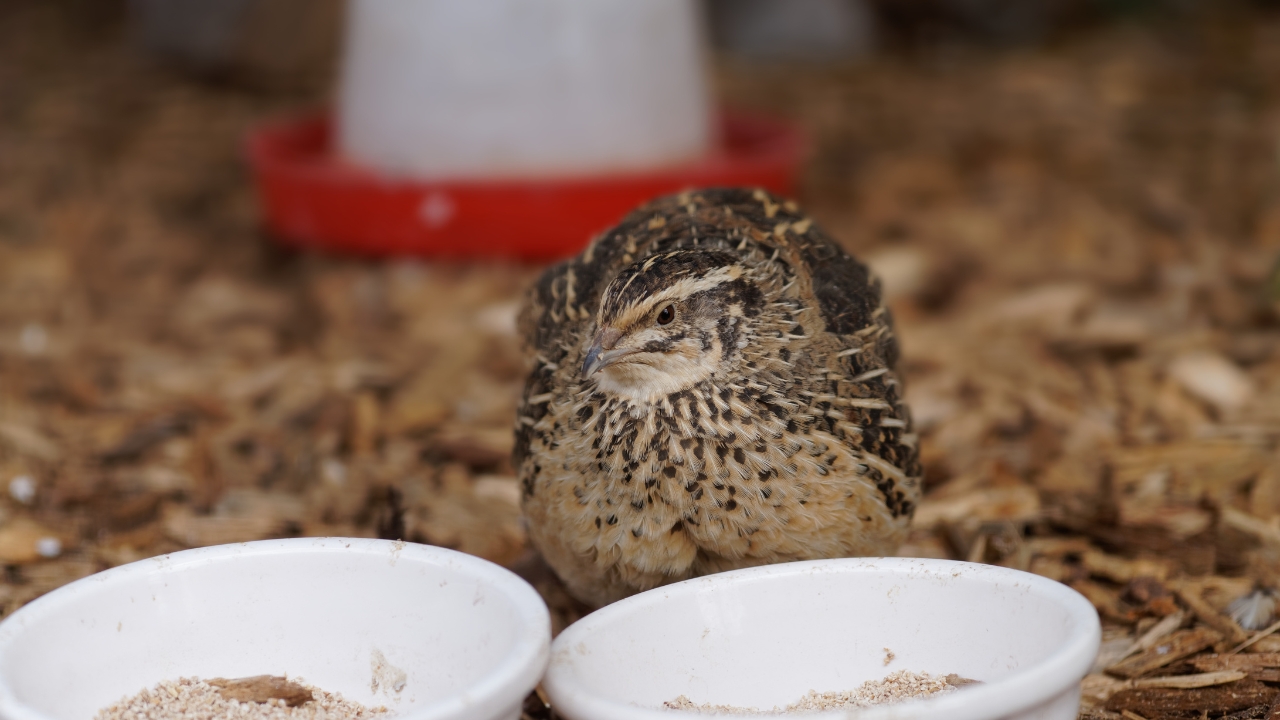
Quail are small, quiet, and productive, making them ideal for small properties. They mature quickly — often laying eggs by 8 weeks old — and their feed requirements are minimal. They can be kept in small cages or aviaries, and their eggs sell at a premium in many markets.
They’re also a good choice for meat in a small-space setup. For new keepers who want fast results and low startup costs, quail are hard to beat.
Guinea Fowl
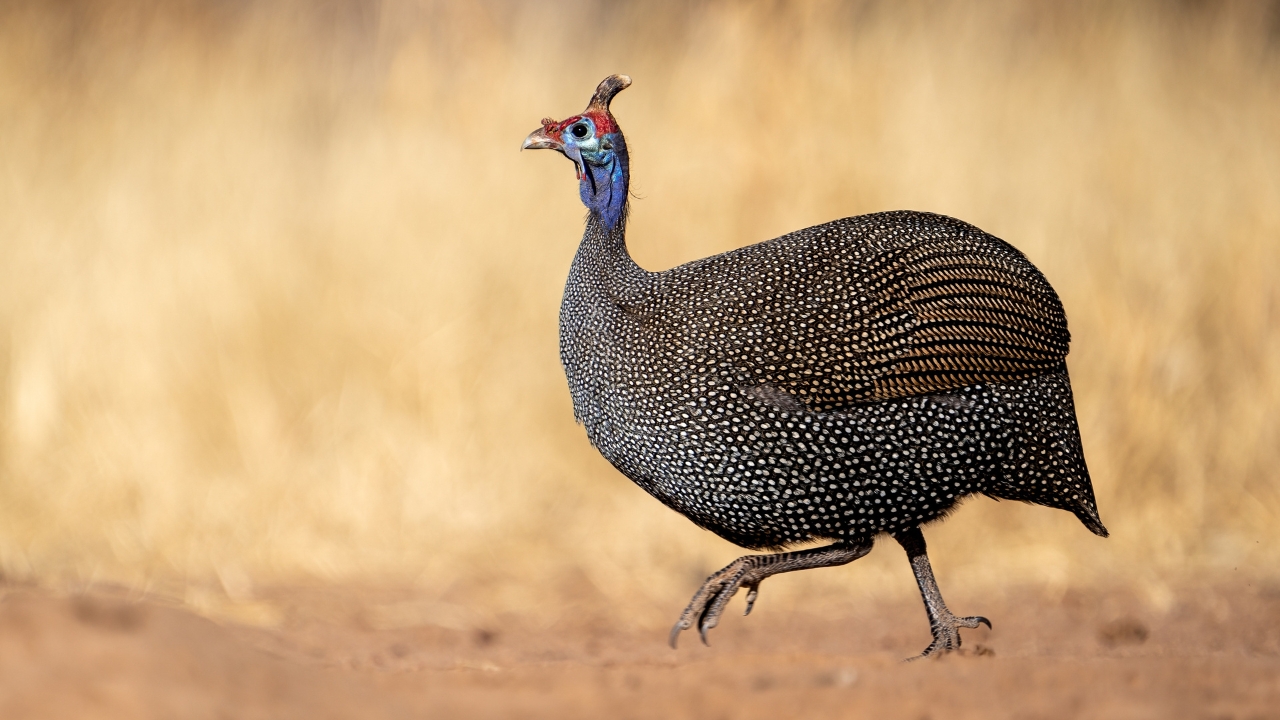
Guinea fowl are low-maintenance birds known for their pest control abilities, especially with ticks. They can be free-ranged during the day and will typically return to roost at night. They require little intervention once established, but they can be noisy, which is worth considering if you have close neighbors.
They’re hardy, independent, and add extra protection to a flock by alerting you to predators or visitors.
Bees
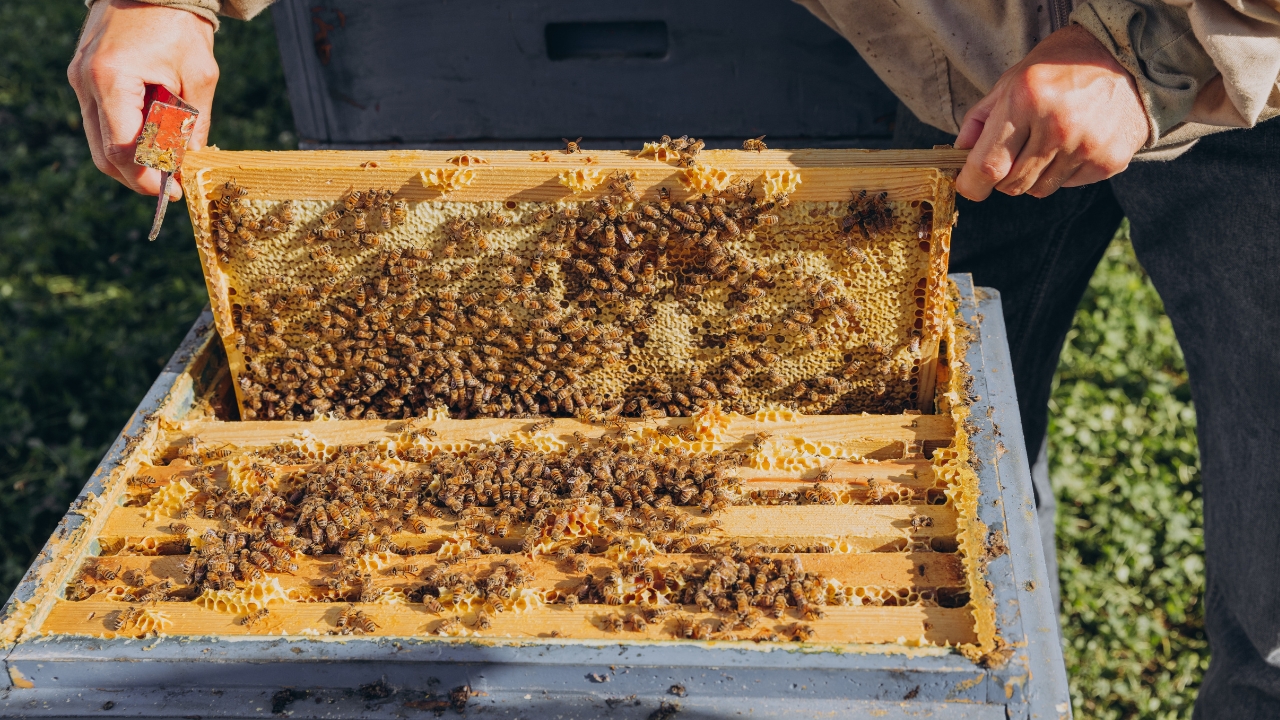
Bees don’t need daily care, but they do require seasonal attention and proper hive management. In return, they provide honey, beeswax, and pollination benefits for your garden and orchard. Once you have the right equipment and a bit of training, they’re relatively low effort compared to other livestock.
Regular inspections help maintain hive health, and harvesting honey can be done a few times a year, making bees a productive yet manageable choice.
Sheep

Hardy sheep breeds can be a manageable option for beginners, especially if you choose those suited to your climate. They can provide wool, meat, or milk, and they’re effective grazers for pasture management.
They need secure fencing, basic shelter, and occasional hoof trimming, but otherwise, they’re low-demand animals. Starting with a small flock helps you learn their care without becoming overwhelmed.
*This article was developed with AI-powered tools and has been carefully reviewed by our editors.

